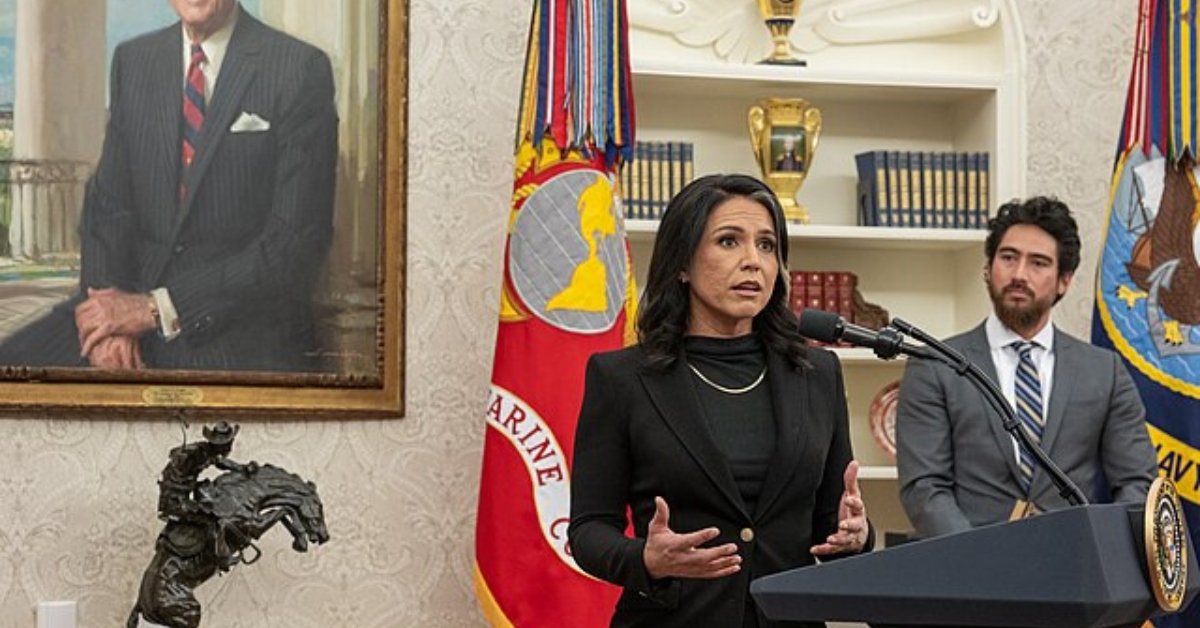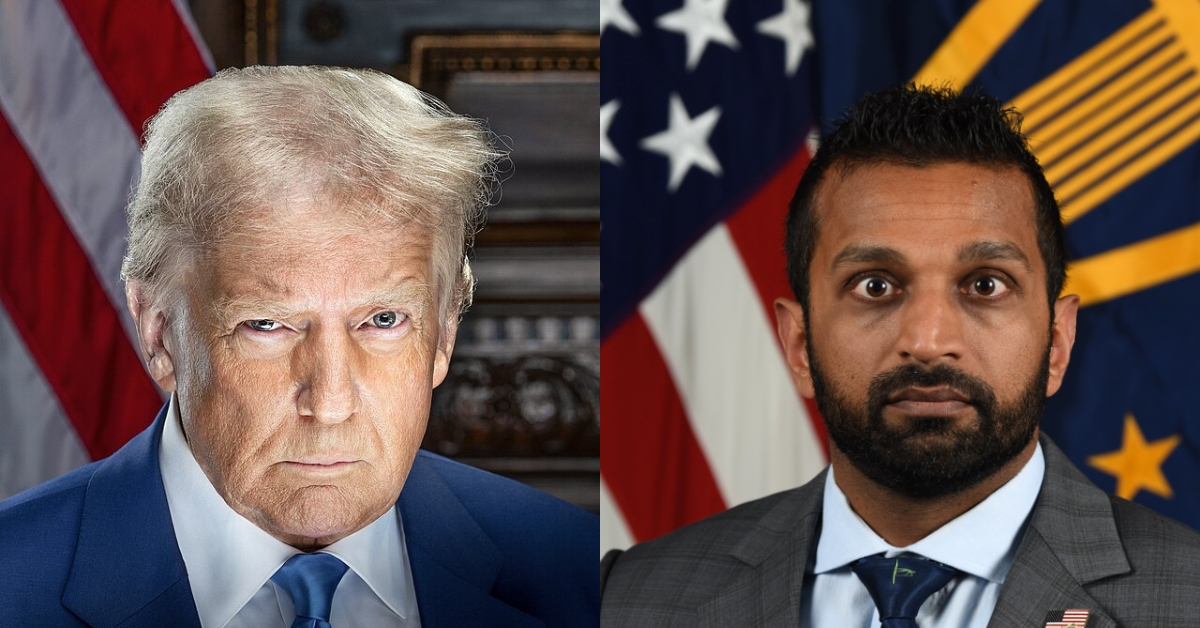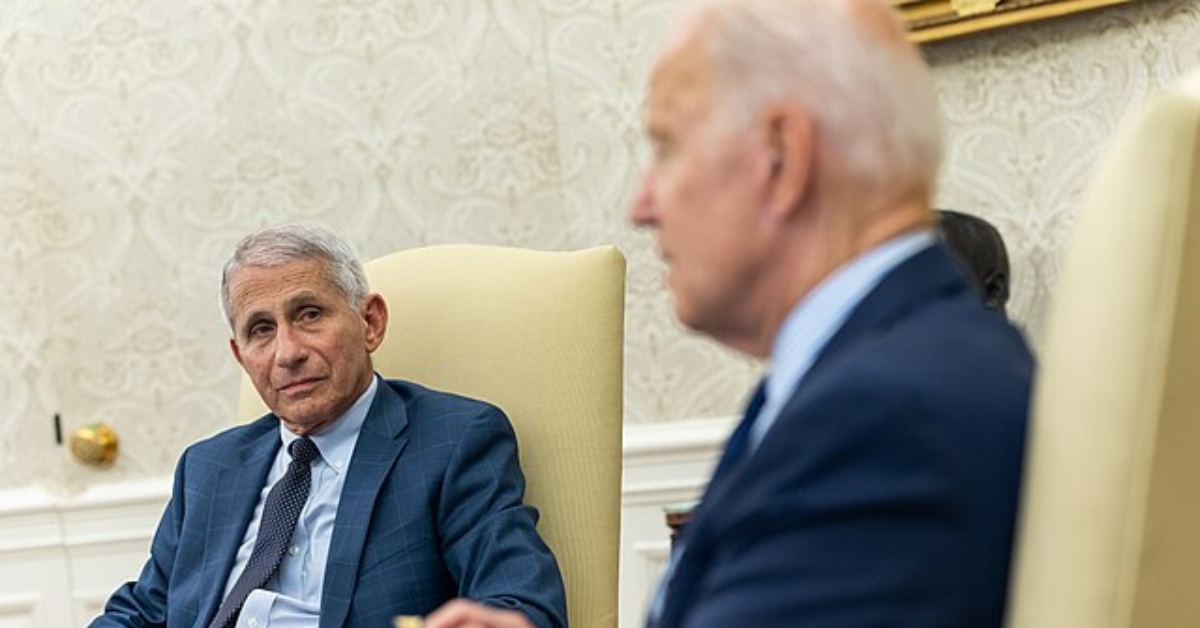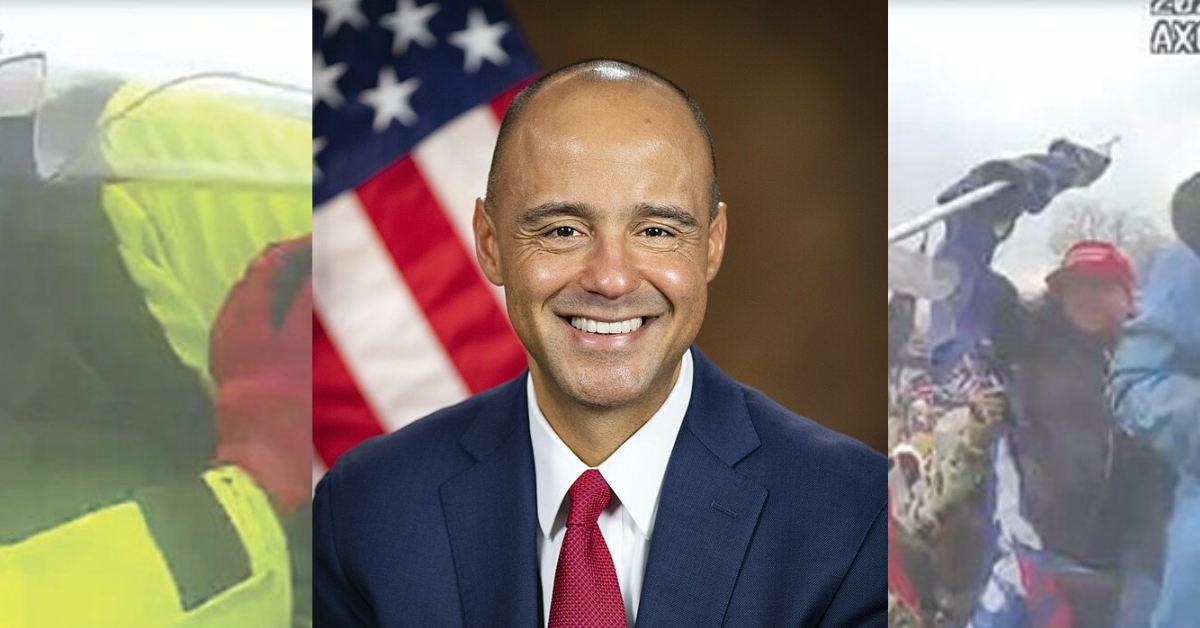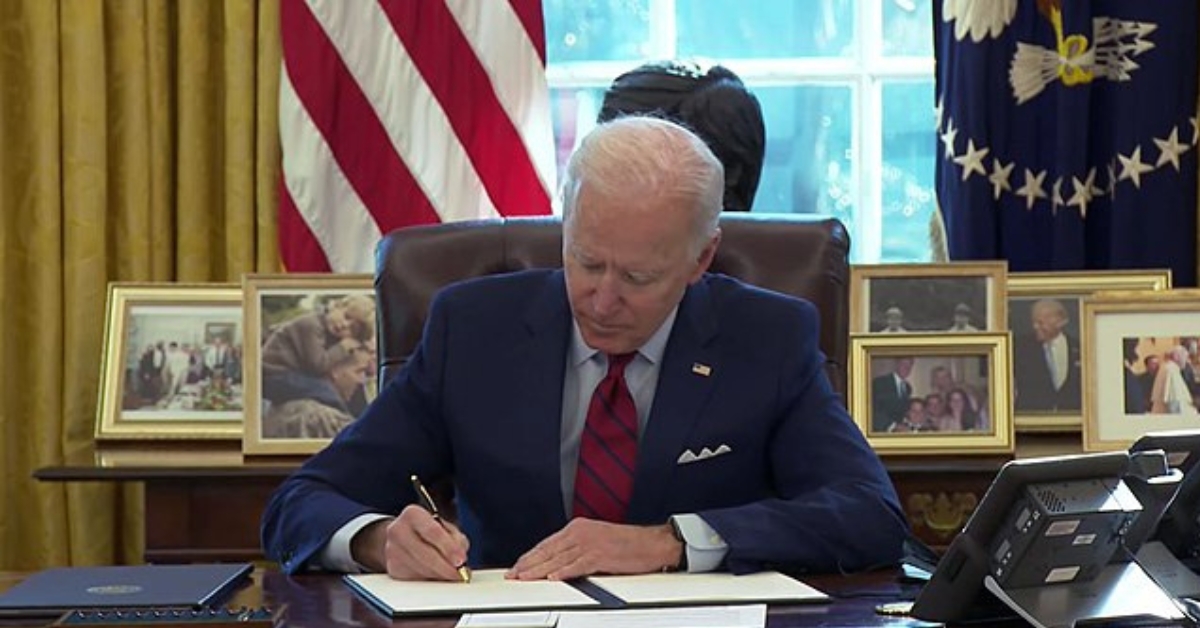
Secret Service Director Admits Significant Operational Failure
In a moment that should have been met with swift accountability, Secret Service Director Kimberly Cheatle shockingly praised the agency’s performance on the day former President Donald Trump nearly lost his life. Despite acknowledging that July 13th represented the “most significant operational failure” in decades, Cheatle’s subsequent self-awarded ‘A’ grade reveals a disturbing disconnect from reality.
During a congressional hearing that should have been her moment to accept responsibility and step aside, Cheatle instead opted to dig in her heels, causing an uproar across party lines. It’s baffling that after such a catastrophic failure in security—the likes of which we haven’t seen since the assassination attempt on President Reagan—Cheatle would cling to her position with a tenacity that belies the gravity of the situation.
The parallels to historical precedents are stark and telling. When President Reagan was nearly assassinated, Secret Service Director Stuart Knight did the honorable thing: he resigned, acknowledging that such a significant breach under his watch necessitated a change in leadership. Yet, when pressed on this comparison, Cheatle misstepped again, indicating either a concerning ignorance of her own agency’s history or a willful distortion of the facts.
The facts of the case are damning enough without Cheatle’s embellishments. Thomas Matthew Crooks, a 20-year-old armed with lethal intent, managed to circumvent what should have been an impenetrable security net. Worse, a local police counter-sniper team had been stationed inside the very building Crooks used for his perch and still failed to detect him. This isn’t just a lapse; it’s a profound failure of the systems and protocols meant to protect one of the nation’s most high-profile figures.
The Secret Service Must Be Held Accountable
In her testimony, Cheatle attempted to shift some of the blame to the myriad of law enforcement bodies involved that day. Yet, this does not excuse the central role the Secret Service plays in executive protection, nor does it absolve Cheatle of her leadership responsibilities. Her reluctance to step down, coupled with her attempts to spread the blame, does not inspire confidence in her capacity to lead or in the Secret Service’s ability to adapt to and mitigate such threats in the future.
What we need now is not stubbornness or deflection but a leader who can carry the weight of this role with the gravity it demands. The Secret Service needs reform, reflection, and a renewed commitment to excellence—none of which can be achieved under the shadow of a leader who cannot own up to her agency’s shortcomings.
As this saga unfolds, the American public watches closely, and one thing is clear: the integrity of our national security apparatus is at stake. If accountability means anything anymore, it must start at the top. Cheatle’s resignation would be the first step in restoring faith in an agency crucial to our nation’s safety and stability.
